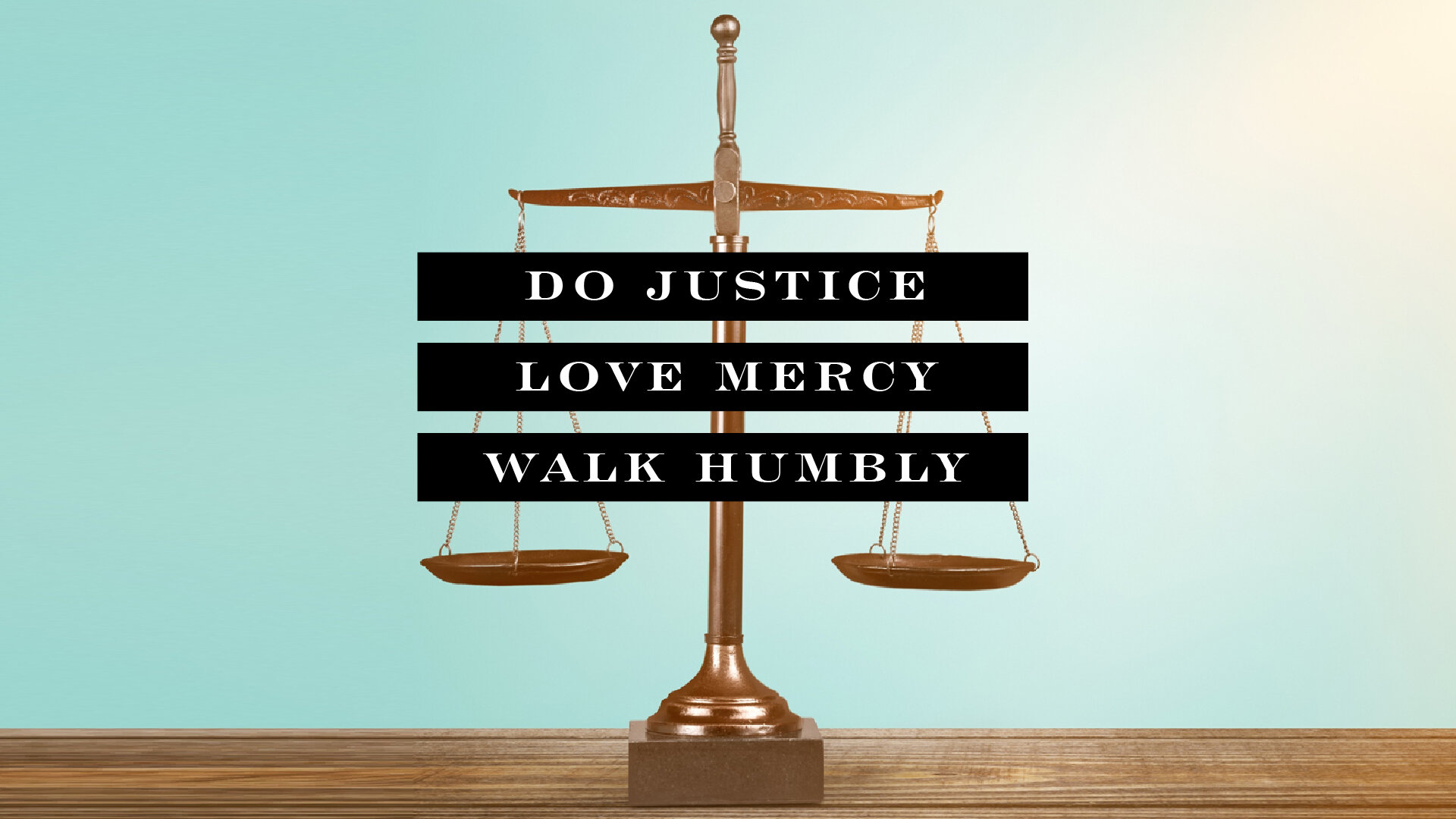Done My Time…
Every small rural church has at least one matriarch. The matriarch told her husband or her son how to vote in Deacon’s meetings, making sure the color of the new carpet was what she wanted it to be, and kept in contact with other strong-willed women in the church. Mrs. Tucker was one of the matriarchs of the church I pastored in rural Kentucky. She was a part of a prosperous farming family that had been in that community for over a hundred years. I knew, without anyone telling me, I need to visit her regularly. When you are a pastor of a country church, that is part of the job description: visit the older people.
Mrs. Tucker was always gracious to me. We would sit in the parlor, a room filled with fine antiques, and she would serve me sweet tea. We would talk about farming, and she would tell me about her daughter, who taught school in Germany at an American Air Force Base.
She did not like some of the changes happening in the community. Farms were being divided. Fields that once grew crops were sprouting houses. New people were changing her world and her church. Her way of life, so familiar, was slowly dying. She was old-school: she still drank raw milk from the dairy, put up vegetables from her garden, and carried herself with great dignity.
I was an outsider, of course, and anxious to reach new people. That meant we needed more space—that required money. As the church wrestled with these issues, I thought it was important for Mrs. Tucker to be on the committee that would decide these things. I knew I had to ask in person.
I made my way to her home. We sat in the parlor and shared some sweet tea. Then I made my big ask: “Mrs. Tucker, would you please serve on the Building Team.” She put down her glass and fixed her school-teacher gaze on me. “Young man…” she began. I have learned when a conversation begins with “Young man…” nothing good is going to come after that.
“Young man,” she said, “I have been a member of our church for over sixty years. I am not sure we need a new building. But besides that, I have done my time. I have been on more committees than you can imagine. I must decline. It is time for someone else to carry the load.”
I had my answer. We made pleasant conversation after that, and I left. But her phrase, “I have done my time,” bothered me. The only other time I had heard that was in reference to being in jail. Is serving on a church committee really like being in jail? I am sure she did not mean it that way. But she was clear: her time of serving was done.
I thought about Noah. What if he said, “God, I am too old to build a boat. I have tried to serve you all these centuries; it is time for a younger person to take over.” Would anyone have built the ark?
I thought about Abraham. What if he said, “God, I am too old to be changing diapers. How can I be a Dad at a hundred years old?” In fact, Abraham did say that to God. God told him, “I am going to do this – believe me.” Abraham, at a hundred, started a new life of getting up in the middle of the night and changing diapers.
I thought about Moses. After his major mess-up in Egypt, he wound up working for his father-in-law. God appeared to him in a burning bush and told him to go and confront Pharoah, telling him, “Let my people go.” Like Abraham, Moses tried to duck the assignment. God said, “No, I am sending you.”
There is a pattern here: God looks at older people and says, “I still have a purpose for you.” Where did we ever get the idea we can retire from serving our God? If you are breathing, God still has a plan for your life. Finding out God’s purpose for you is your job. If you ask, God will show you what your purpose is.
If you are a follower of Jesus, and someone asks you to serve, do not say, “I have done my time.” Instead, answer, “Let me ask my Heavenly Father.”




















